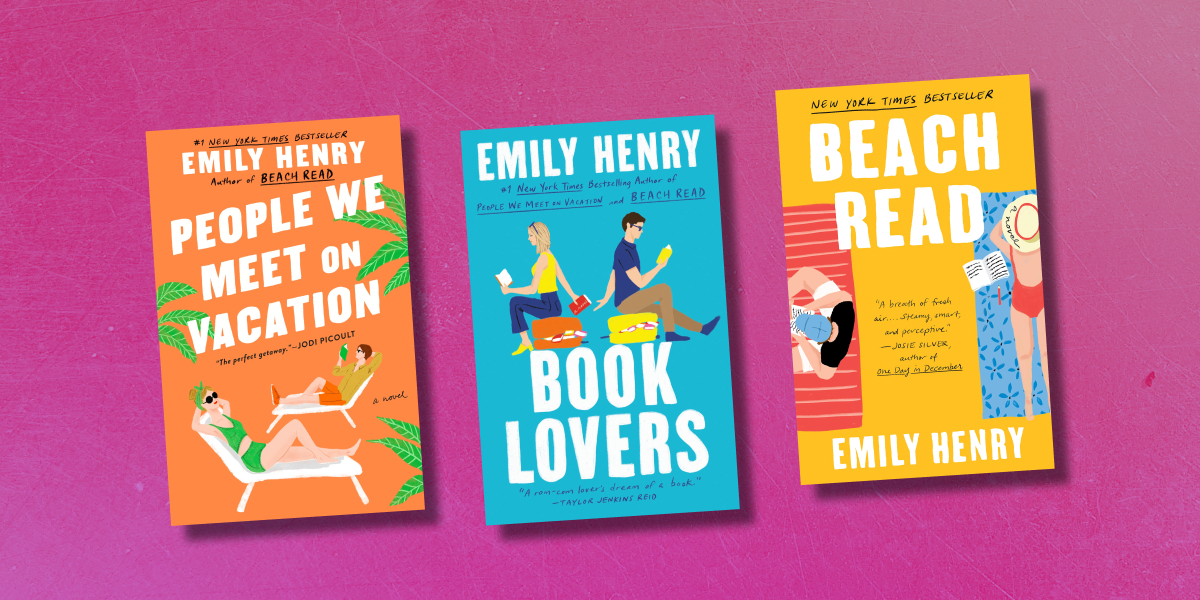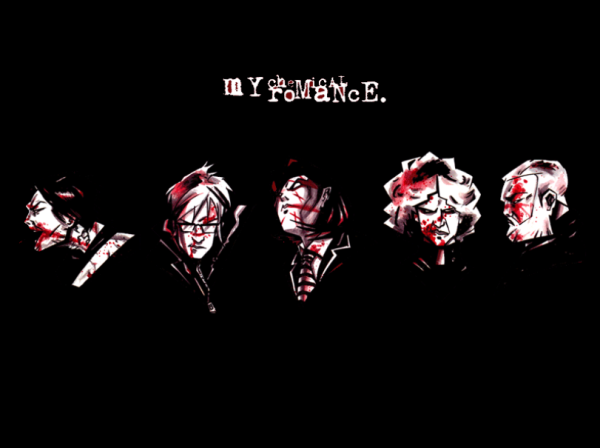Why Are Emily Henry’s Books So Appealing?
When people think of difficult books to read, they think of works that are excruciatingly long (Toltsoy’s War & Peace), or works that have language that’s hard to understand (Shakespeare’s Romeo and Juliet), or books that are assigned and then exhausted in an English analysis class (insert 20th century classic of choice here). Few people think of romance novels, but the genre presents its own unique set of problems.
Often placed at the intersection of culture and feminism, for years romance has been ignored or disregarded as “just for women” while simultaneously perpetuating harmful stereotypes about women’s roles in love and relationships. Many readers have grown tired of the negative perceptions of romance and the exhausted plot lines, but there is still joy to be found in the Beach Read: Emily Henry indulges the best of the genre, while remedying the problems so many people have with it.
Henry’s first adult romance novel Beach Read came out in 2020, and her second, People We Meet on Vacation, quickly followed suit in 2021. Her most recent novel, Book Lovers, came out on May 3, 2022, and debuted at number one on the New York Times Print Paperback Bestseller list. All three books follow women who, in some capacity, are involved in writing as they struggle to get over personal hurdles.
Often books that focus solely on love developing between two characters often feel cliche and formulaic. However, Henry introduces multi-layered themes that focus on the familial relationships of the characters, and how their connections to their loved ones influence their identity. Henry creates dynamic and funny characters who aren’t caricatures of overdone archetypes, sometimes turning those themes on their head.
In Book Lovers, the main character Nora Stephens is the “overbearing girlfriend” in the small town trope, often left behind by her big city partners as they begin to appreciate the value of slowing down and spurn the hustle culture of the metropolis. However, when her pregnant sister wants to get away from New York City and visit quaint Sunshine Falls, North Carolina, Nora finds herself living out the very lifestyle that she was opposed to. The story pokes fun at the quintessential Hallmark movie formula, while simultaneously asking readers to consider why we are so quick to vilify ambitious women.
Aside from giving the genre a fresh feel by treating her literary heroines as complex and complete women in their own right, Henry injects her stories with a healthy dose of humor and self-awareness. Her characters will often comment on their own actions, pointing out how they fall into common tropes and laughing at the irony of their positions. There is comfort to be found in familiarity, and Henry understands her audience. She doesn’t mock the preferences of her largely female readership, instead updating the familiar tropes with more modern sentiments.
Henry’s novels unabashedly cater to women, and often point out the fact that society views things that women enjoy as inferior. In Beach Read, protagonist January Andrews comments on the fact that just because she is an author who writes with women in mind, she will not be taken seriously by male writers, readers, and the majority of the industry, despite writing in essentially the same genre (fiction) as her male counterparts.
As a largely female driven community, for years romance has provided a safe space for women to create for other women, giving them countless opportunities in the writing and film industries. That is why it remains important to both appreciate and critique these artists and their products, in order to make the stories more inclusive and enjoyable for all audiences. Even though the tone of her stories have been updated for the times, Emily Henry still revels in what the genre does best: the Happily-Ever-After.

Emmalina is currently a Senior at South Lakes High School and Co-Editor in Chief of the Sentinel. This is her 3rd year writing for the newspaper, and she...

















